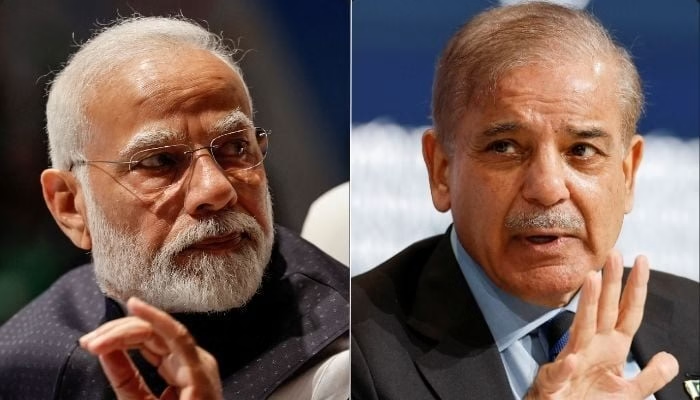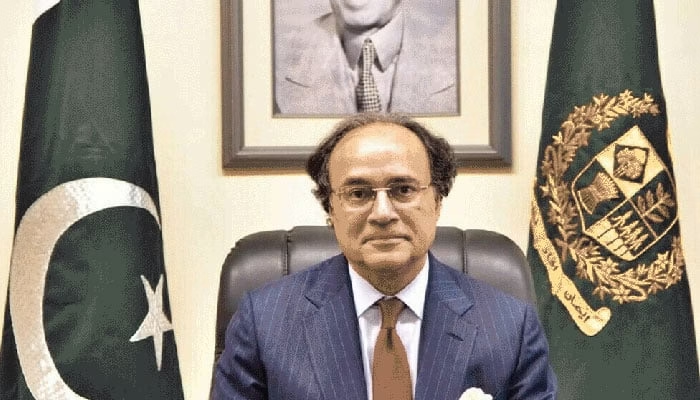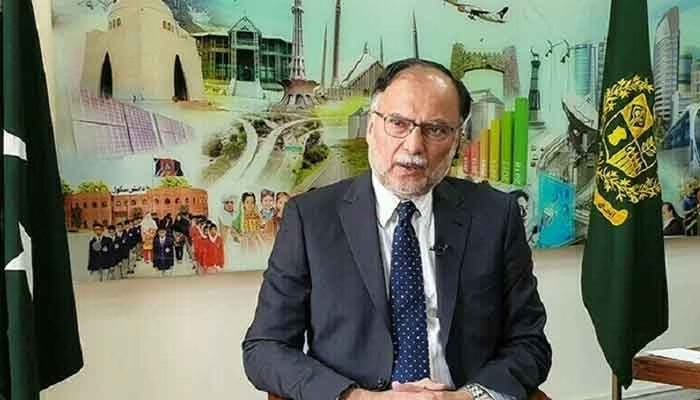The question of Pakistan-India dialogue once again came into focus this week as Islamabad reiterated its willingness to engage in comprehensive discussions with New Delhi. While India insists on talks limited to terrorism, Pakistan emphasized that it is open to discussing all outstanding issues, including but not restricted to terrorism. The statement was delivered by Foreign Office spokesperson Shafqat Ali Khan during a weekly media briefing, underscoring Islamabad’s policy stance ahead of the upcoming Shanghai Cooperation Organisation (SCO) Summit in China.
Pakistan Rejects “Terrorism-Only” Talks
Addressing the media, the Foreign Office spokesperson dismissed speculation of a bilateral meeting between Prime Minister Shehbaz Sharif and Indian Prime Minister Narendra Modi during the SCO Summit. He clarified that Pakistan remains committed to a broad-based engagement.
“India says they would talk on terrorism only; however, we want to talk on all matters, including terrorism, not just terrorism. We have complete and detailed evidence about India’s acts of terrorism against Pakistan, but this would just be one item during the composite dialogue,” he explained.
This statement reflects Pakistan’s longstanding position that dialogue must address all core issues, including Kashmir, trade, cross-border security, and regional cooperation.
Role of Friendly Countries and Third-Party Mediation
When asked about the role of external partners, the spokesperson highlighted that Pakistan welcomes constructive mediation efforts from friendly states. China, in particular, has continued to push for regional peace and stability.
During his recent visit to South Asia, Chinese Foreign Minister Wang Yi remarked that “South Asia’s development enjoys strong potential” and emphasized that a peaceful and prosperous region serves the interests of all. China has also recognized Pakistan’s sacrifices in combating terrorism, with Ambassador Xu Feihong stating at a Delhi conference that “Pakistan is a victim of terrorism.”
These remarks reflect Beijing’s broader vision for regional stability and its continued role in fostering dialogue between Pakistan and India.
Pakistan-China Partnership Stands Firm
The spokesperson reaffirmed that Pakistan’s strategic relationship with China is resilient and independent of India’s foreign policy dynamics. “The Pakistan-China relationship is a sustainable, long-standing, and robust partnership,” he said, pointing to decades of trust and cooperation across economic, security, and diplomatic fronts. Counterterrorism cooperation remains a vital element of this partnership, and Pakistan underscored that such efforts would continue as part of its broader regional strategy.
Diplomatic Tensions and Treatment of Envoys
The press briefing also touched on the continued harassment of Pakistani diplomats posted in India. Pakistan stressed the importance of adhering to international treaties and bilateral codes of conduct that guarantee dignified treatment of diplomats. The issue has further strained relations and underscored the fragile state of Pakistan-India engagement.
Security Concerns: Afghanistan and India’s Military Build-Up
The spokesperson also discussed Pakistan’s challenges with terrorism originating from sanctuaries inside Afghanistan. While Islamabad continues to voice its concerns, it reiterated the importance of trilateral cooperation with Afghanistan and China to maximize economic and security potential.
On India’s side, Pakistan expressed alarm at New Delhi’s growing arms buildup and missile testing programs. Referring to India’s recent Agni missile test, the spokesperson noted that intercontinental capabilities raise global concerns about regional stability. “India’s expanding missile arsenal undermines peace and security not just in South Asia but at the global level,” he warned.
Pakistan reaffirmed its policy of maintaining “full spectrum deterrence” to safeguard its sovereignty and ensure peace in the region.
Think Tank Activities and Internal Discussions
The media briefing also addressed reports of an anti-Taliban gathering in Islamabad organized by a local think tank. The spokesperson clarified that the event was not state-sponsored and should not be misinterpreted as government policy. “The Government of Pakistan is not hosting a formal conference. This is an open think tank activity, not a clandestine effort,” he said.
Future Diplomatic Engagements
Looking ahead, Pakistan remains engaged with multiple partners on regional and international issues. Deputy Prime Minister and Foreign Minister Ishaq Dar will visit Bangladesh to discuss bilateral relations and broader South Asian cooperation. While speculation circulated about a possible U.S. Secretary of State visit, the Foreign Office clarified that no such plans are currently confirmed.
The latest statements highlight Pakistan’s consistent call for a Pakistan-India dialogue that goes beyond terrorism and addresses all outstanding issues. By stressing evidence of Indian-sponsored terrorism while simultaneously welcoming regional mediation, Islamabad is signaling both firmness and openness. The involvement of China and the emphasis on maintaining strong bilateral partnerships further illustrate Pakistan’s broader regional approach.
As South Asia faces pressing challenges of security, economic cooperation, and regional integration, the path forward will depend heavily on whether India and Pakistan can move beyond narrow talking points to embrace a comprehensive dialogue. For now, Pakistan continues to assert that peace, stability, and development are achievable only through sustained and inclusive engagement.



